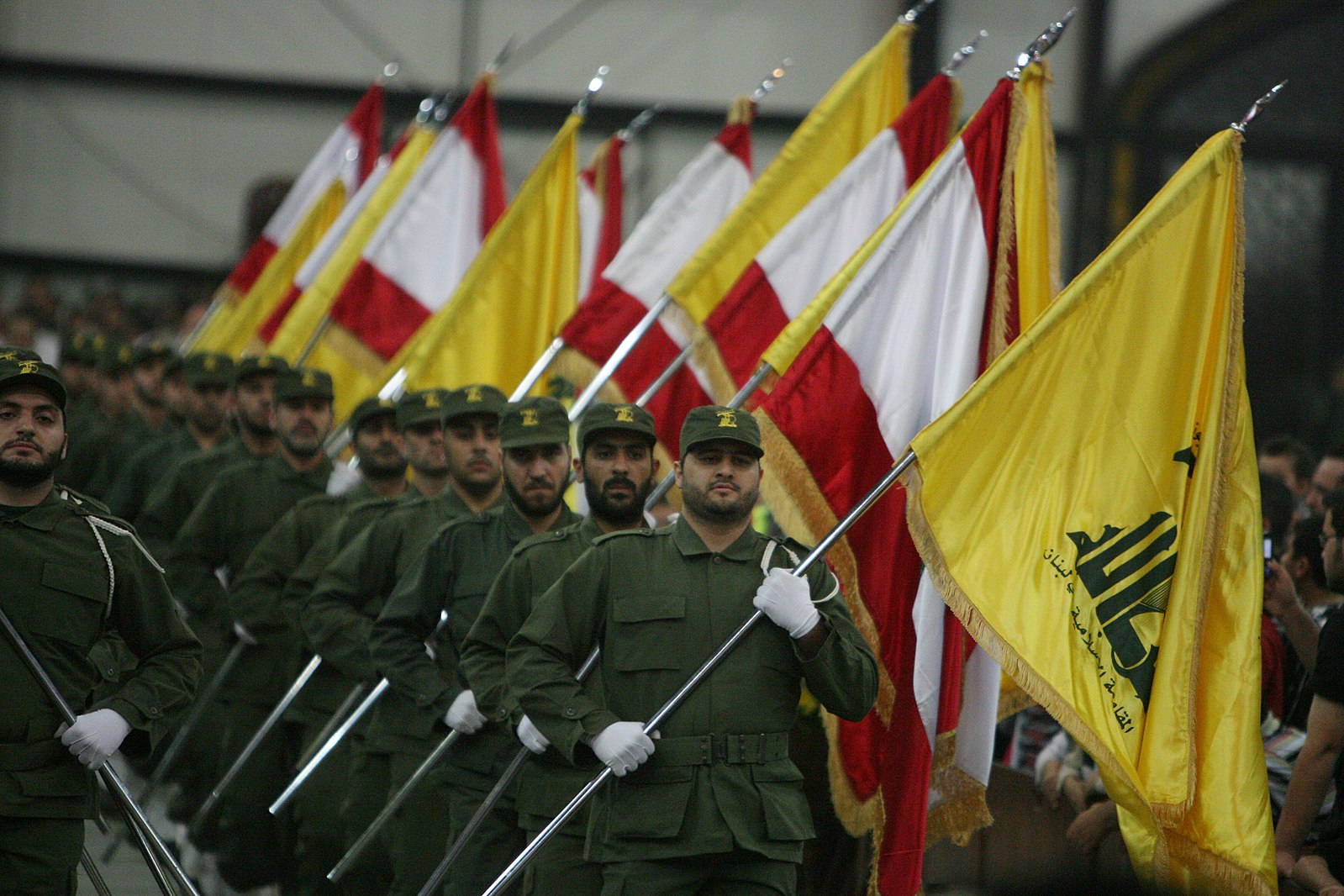
The Argentine government of far-right President Javier Milei announced April 13 that it has placed its borders on alert due to potential infiltration of operatives linked to Iran and Hezbollah. There have long been concerns about a Hezbollah presence in the Triborder Region where Argentina, Brazil and Paraguay meet. But Interior Minister Patricia Bullrich in making the announcement this time emphasized a supposed threat from Bolivia.
“We have Hezbollah cells on the Triple Border. But it is on the Bolivian border where we see the highest level of alert and security in the country, because there has been a memorandum signed by Bolivia and Iran,” Bullrich said in comments to La Nación. “That pact allowed the presence of Iranian members of the Quds forces, which are combatant forces and are integrated into Iran’s armed branches, in the territory. We are investigating whether there are people who do not speak Spanish yet have Bolivian passports.” (Voz Media)
Following years of closer ties, including security cooperation, Bolivia and Iran signed a formal defense pact in July 2023. The deal was said to include an Iranian pledge to provide Bolivia with drones for narcotics enforcement, but the terms were secretive, with both Argentina and the Bolivian opposition demanding clarity on the details. (ToI)
The new border security measures follow a development in two long-languishing terrorism cases in Argentina. On April 4, Argentina’s Federal Criminal Court of Cassation formally affirmed that the deadly attacks on Buenos Aires’ AMIA Jewish community center in 1994 and the Israeli embassy in 1992 were carried out by Hezbollah, with the complicity of the Iranian government. The ruling also declared that both episodes should be considered “crimes against humanity,” thus placing them beyond the statute of limitations despite the lack of progress in these cases. The ruling also labeled Iran a “terrorist state.”
The court recalled that there are Interpol arrest warrants in connection with these cases for former Iranian intelligence minister Ali Fallahian, former Islamic Revolutionary Guard Corps (IRGC) commander Mohsen Rezaee (also rendered Rezai), former IRGC Quds Force commander Ahmad Vadidi (also rendered Vahidi), former cultural affairs officer at the Iranian embassy in Argentina Moshen Rabbani, former diplomatic secretary Ahnmad Reza Ashgari, and alleged Hezbollah operatives Hussein Mounir Mouzannar, Salman Raouf Salman (AKA Samuel Salman El Reda), and Farouk Abdul Hay Omairi.
Tehran’s former foreign minister Ali Akbar Velayati and former Iranian ambassador Hadi Soleimpenpour are also suspected of involvement but have immunity from the issuance of Interpol warrants because they still hold public office. Three additional suspects are either dead or presumed dead—former Hezbollah foreign intelligence chief Imad Fayez Moughnieh (also rendered Mughniyeh), former Iranian president Ali Akbar Hashemi Rafsanjani, and alleged Hezbollah operative Alí Hussein Abdallah. (BA Times, JP)
Photo: Khamenei.ir via Wikimedia Commons





Argentina seeks arrest of Iranian minister over 1994 bombing
Argentina’s government has asked Interpol to arrest Iran’s Interior Minister Ahmad Vahidi over the 1994 bombing of the AMIA Jewish community center. (BA Times)